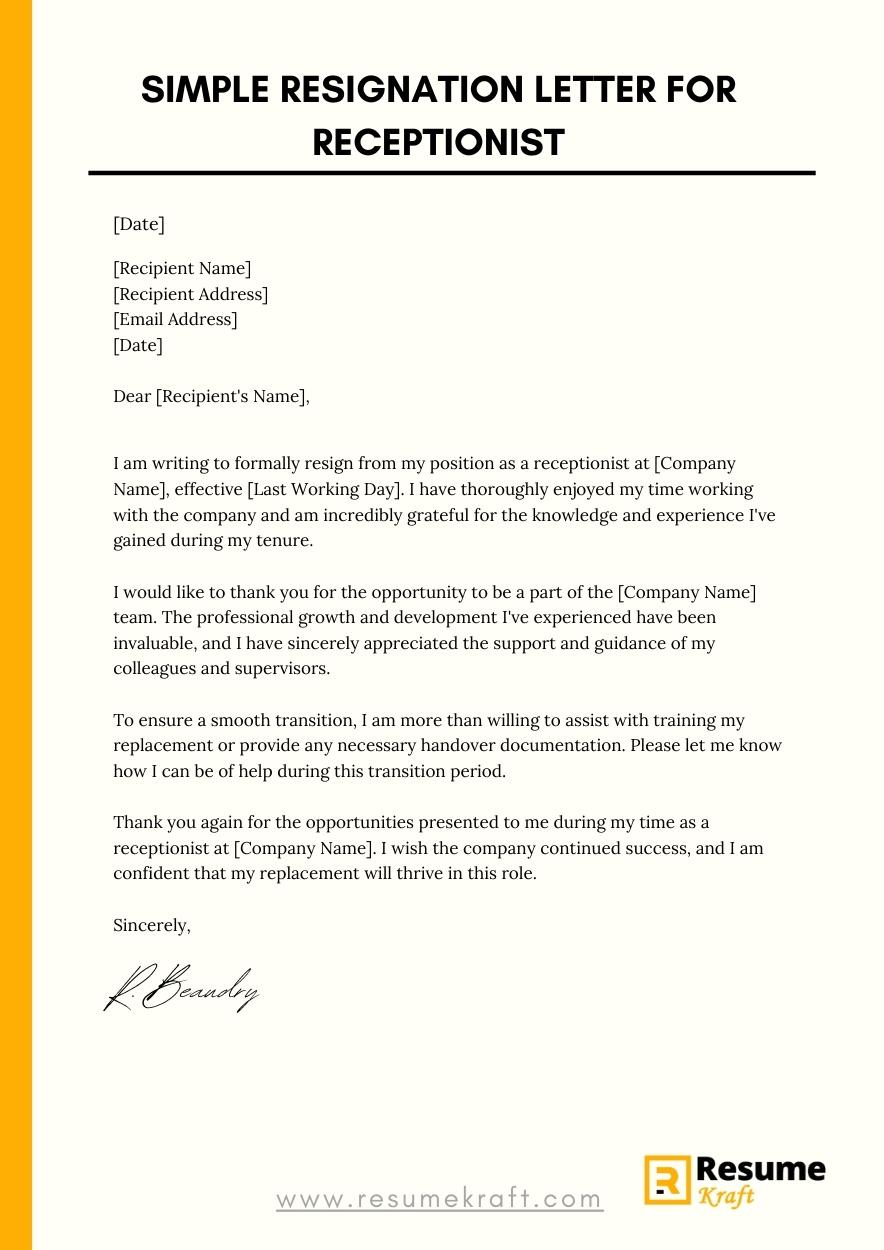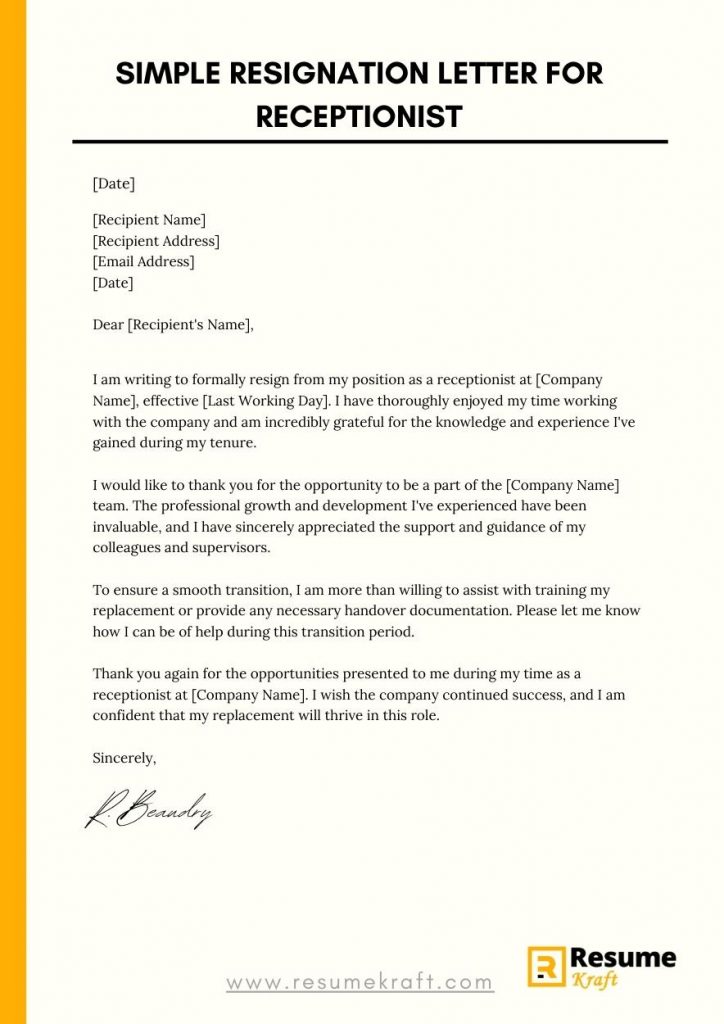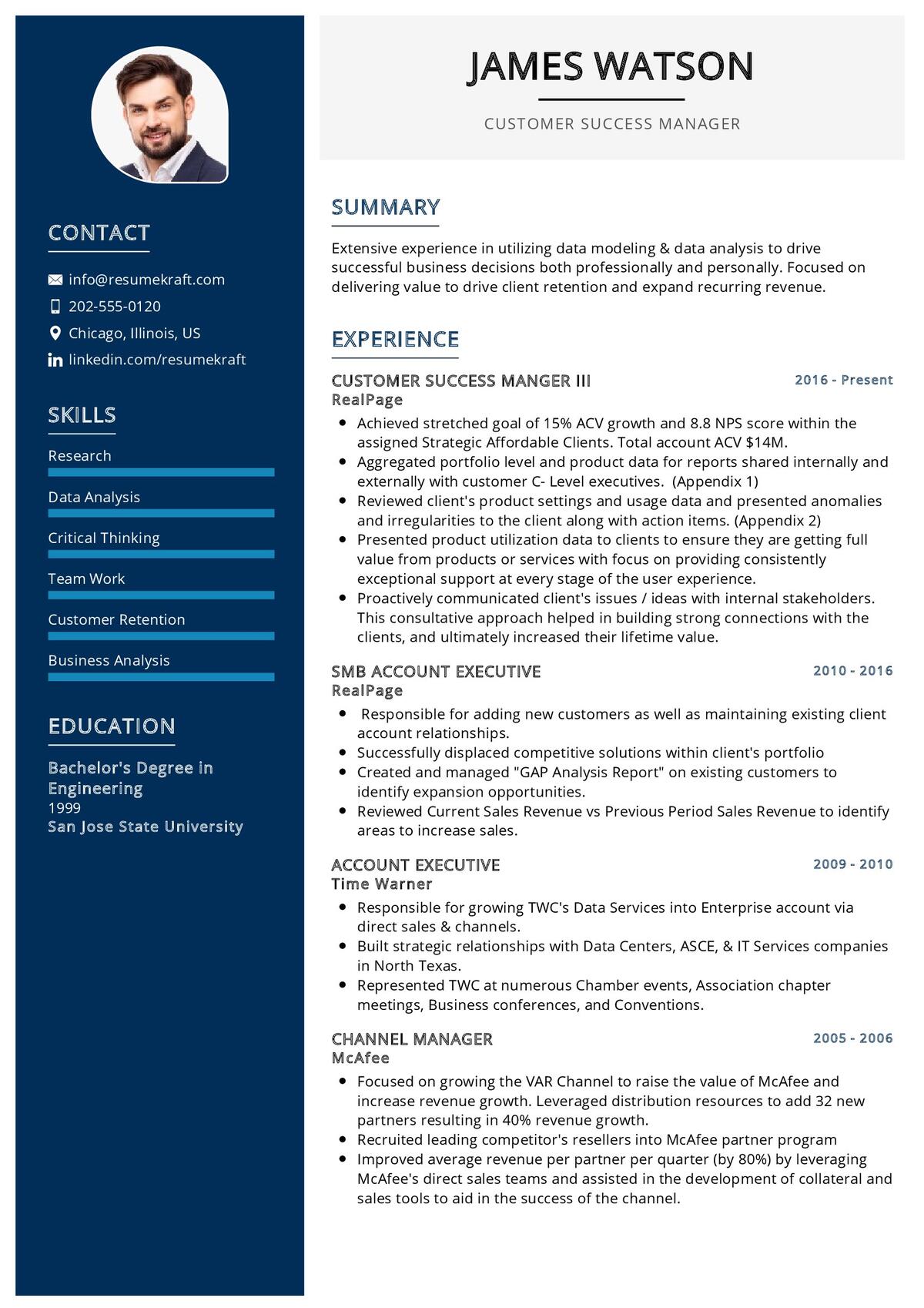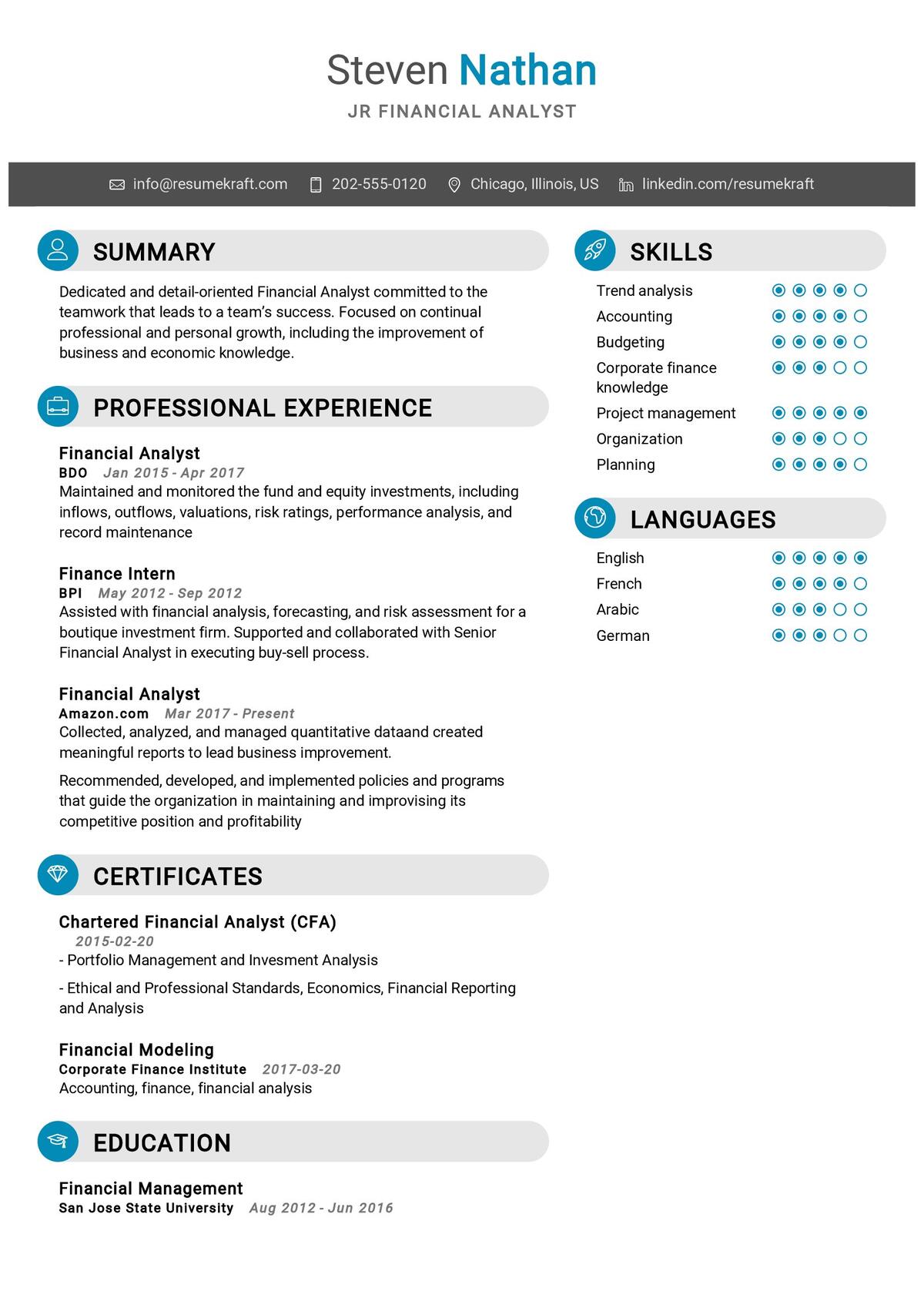
Are you a receptionist who has made the decision to resign from your current position? Writing a resignation letter is an important step in the process of leaving a job. It allows you to formally communicate your decision to your employer and ensures that all parties are on the same page regarding your departure. In this article, we will guide you through the process of writing a simple resignation letter specifically for receptionists, providing you with helpful tips and samples to make the process easier.
When crafting a resignation letter as a receptionist, it’s important to strike the right tone and include specific information relevant to your role. This type of letter should be concise, professional, and leave a positive impression. It’s also crucial to consider the format and method of delivery, whether it’s a printed letter or an email. So, let’s dive in and explore how to create an effective resignation letter as a receptionist.
- What To Include in a Simple Resignation Letter for a Receptionist
- What Not to Include in Your Simple Resignation Letter for a Receptionist
- How To Format a Simple Resignation Letter for a Receptionist
- Simple Resignation Letter Sample for a Receptionist (Printed Version)
- Email Resignation Letter Example for a Receptionist
- Key Takeaways
- Frequently Asked Questions
- Conclusion
What To Include in a Simple Resignation Letter for a Receptionist
- Date: Begin your letter by including the current date at the top of the page, aligning it with the left margin.
- Recipient and salutation: Address your letter to your immediate supervisor or the relevant HR department. Use a professional salutation such as “Dear [Supervisor’s Name]” or “Dear HR Department.”
- Statement of resignation: Clearly state that you are resigning from your position as a receptionist. Be direct and to the point to avoid any confusion.
- Date of last working day: Provide the specific date of your last day at work. This gives your employer time to make the necessary arrangements for your replacement.
- Gratitude: Express your sincere appreciation for the opportunities and experiences you have had while working as a receptionist. Mention some positive aspects of your time with the company, such as skills you’ve acquired or relationships you’ve built.
- Smooth transition: Offer your assistance in ensuring a smooth transition. Let your employer know that you are willing to help train your replacement or provide any necessary handover documentation.
- Contact information: Include your current contact information, such as your phone number or email address. This allows your employer to reach out to you if they have any follow-up questions or need further information.
- Closing and signature: End your letter with a professional closing, such as “Sincerely” or “Best regards.” Sign your name below the closing to provide a personal touch.
What Not to Include in Your Simple Resignation Letter for a Receptionist
While it’s important to express gratitude and maintain professionalism in your resignation letter, there are certain things you should avoid including. Here are a few things to leave out:
- Negative comments: Avoid criticism or negative comments about the company, your colleagues, or your workload. Keep the tone of your letter positive and focused on your own personal growth and future plans.
- Lengthy explanations: Keep your resignation letter concise and to the point. Avoid going into excessive detail about why you are leaving or any grievances you may have.
- Apologies: Unless necessary, you don’t need to apologize excessively for resigning. Remember, it is a normal part of professional life for employees to move on to new opportunities.
- Personal information: While you may provide your contact information, there is no need to divulge personal details that are irrelevant to your resignation.
By avoiding these pitfalls, you can ensure that your resignation letter remains professional, focused, and leaves a positive impression on your employer.
How To Format a Simple Resignation Letter for a Receptionist
Formatting your resignation letter correctly is essential to present a professional image. Here’s how you should format your letter:
- Use a professional font: Choose a clear and readable font style, such as Arial, Calibri, or Times New Roman. Use a font size between 10 and 12.
- Include your contact information: Place your name, address, phone number, and email address at the top of the letter, aligned with the left margin.
- Align your content: Align the content of your letter to the left margin, ensuring that each paragraph is separated by a line break.
- Use a professional tone: Keep the overall tone of your letter professional and respectful. Be straightforward and avoid using overly emotional language.
- Proofread before sending: Take the time to proofread your letter for any grammatical or spelling errors. This ensures that your resignation letter is polished and error-free.
By following these formatting guidelines, you can present yourself as a professional and conscientious employee.
Simple Resignation Letter Sample for a Receptionist (Printed Version)

Printed Resignation Letter Sample
[Your Name]
[Your Address]
[City, State, ZIP Code]
[Email Address]
[Phone Number]
[Date]
[Recipient’s Name]
[Company Name]
[Company Address]
[City, State, ZIP Code]
Dear [Recipient’s Name],
I am writing to formally resign from my position as a receptionist at [Company Name], effective [Last Working Day]. I have thoroughly enjoyed my time working with the company and am incredibly grateful for the knowledge and experience I’ve gained during my tenure.
I would like to thank you for the opportunity to be a part of the [Company Name] team. The professional growth and development I’ve experienced have been invaluable, and I have sincerely appreciated the support and guidance of my colleagues and supervisors.
To ensure a smooth transition, I am more than willing to assist with training my replacement or provide any necessary handover documentation. Please let me know how I can be of help during this transition period.
Should you require any further information or have any questions, please feel free to contact me via email or phone. I am available to discuss any outstanding matters or assist in any way possible.
Thank you again for the opportunities presented to me during my time as a receptionist at [Company Name]. I wish the company continued success, and I am confident that my replacement will thrive in this role.
Sincerely,
[Your Name]
Email Resignation Letter Example for a Receptionist
Subject: Resignation – [Your Name]
Dear [Recipient’s Name],
I hope this email finds you well. I am writing to inform you that I have made the difficult decision to resign from my position as the receptionist at [Company Name], effective [Last Working Day].
I want to express my deep appreciation for the opportunities and experiences I’ve had while working at [Company Name]. I have grown both professionally and personally and have been fortunate to work with a supportive and dedicated team. The knowledge and skills I’ve gained during my tenure here have been invaluable, and I am truly grateful for your guidance and mentorship.
I am committed to ensuring a smooth transition and would be happy to assist in any way possible. If there are specific tasks you would like me to complete or any additional information you need for the handover process, please let me know, and I will do my best to accommodate.
If you have any further questions or need to reach me, please don’t hesitate to contact me via email or phone. I will be available to discuss any outstanding matters or provide any necessary information.
Thank you once again for the opportunities I’ve had at [Company Name]. I have thoroughly enjoyed my time here and will always look upon it with fond memories. I wish you and the team continued success in the future.
Best regards,
[Your Name]
Key Takeaways
Writing a simple resignation letter for a receptionist requires a concise and professional approach. Here are the key takeaways to remember:
- Clearly state your resignation and provide the date of your last working day.
- Express gratitude and appreciation for the opportunities you’ve had.
- Offer your assistance in ensuring a smooth transition.
- Use a professional tone and keep the letter concise.
- Choose an appropriate format, whether it’s a printed letter or an email.
Resigning from a position as a receptionist can be a bittersweet experience, but by following these guidelines, you can ensure that your resignation letter reflects your professionalism and gratitude for the time spent in your role.
Planning to Write a Resume?
Check our job winning resume samples


Frequently Asked Questions
1. Can I submit my resignation letter verbally?
While it is possible to resign verbally, it is always best to submit a formal resignation letter. This document serves as written proof of your decision and provides clarity to your employer.
2. Do I need to mention my reasons for resigning in the letter?
It is not necessary to include detailed reasons for resigning in your letter. However, if you feel comfortable sharing your reasons, you can mention them briefly in a positive manner.
3. Should I mention any concerns or issues I had during my employment?
It is generally advised not to include any negative comments or concerns in your resignation letter. Focus on expressing gratitude and maintaining a positive tone.
4. Can I negotiate my resignation date in my letter?
If you have specific reasons for needing to negotiate your resignation date, you can mention this in your letter. However, be prepared for the possibility that your employer may not be able to accommodate your request.
5. How should I respond if my employer wants to discuss my resignation in person?
If your employer requests a meeting to discuss your resignation, it is courteous to oblige. Prepare for the meeting by being professional, respectful, and ready to answer any questions they may have.
Conclusion
Writing a simple resignation letter as a receptionist is an important step in leaving your current job on a positive note. By following the guidelines outlined in this article, you can create an effective resignation letter that expresses gratitude, maintains professionalism, and ensures a smooth transition for both you and your employer. Remember to keep your letter concise, focused, and positive as you move on to new opportunities.

